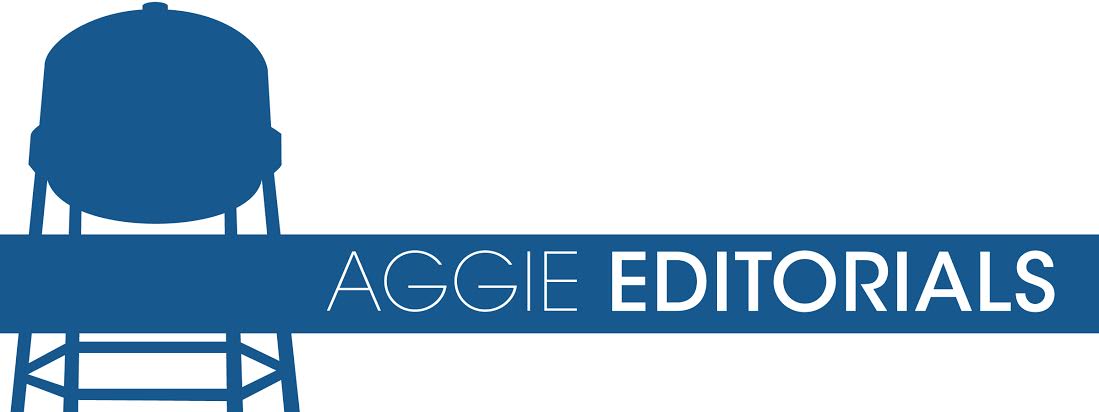
Hidden reserves should be reinvested in student services and programs
A blistering audit released Tuesday showing $175 million in hidden University of California (UC) reserves reinforces the rightly-held belief that the UC Office of the President (UCOP) has not been transparent in its budgetary dealings. Though the reserves likely wouldn’t be able to cover the costs students will pay for a scheduled tuition hike, the message here is clear: Students are being stiffed by an increasingly opaque University of California.
The most disturbing aspect of this audit is the pattern of subtle deception it reveals.
The audit showed that UCOP failed to disclose over $75 million in its budget each year since at least 2012-13. UC President Janet Napolitano’s claims that these funds were never secret are ridiculous. The audit found $32 million in funds set aside for combating food insecurity and strengthening cybersecurity that were never spent.
The Editorial Board believes these funds should be invested in UC student services and programs.
And, most egregiously: UCOP reportedly tampered with surveys sent to each UC campus that were meant to evaluate the central administration’s value to the schools. But auditors realized that the surveys submitted by the universities were changed by UCOP to offer a more positive appraisal. Such meddling only furthers the perception that the UC puts its own interests above those of the students.
So what are the consequences of a deceitful UC Office of the President?
Some California lawmakers have called to give the state legislature more power over how the UC budget is determined. But it’s important that the UC maintain its relative independence from a political body like the legislature. A better solution might be to bring in a third party to ensure that the funds in this hidden reserve are properly allocated moving forward.
In light of the audit’s release, California Assembly Speaker Anthony Rendon and Lt. Governor Gavin Newsom, who is running for governor, have both called on the UC to reverse its decision to increase tuition. Rendon is the second member of the UC Board of Regents to take up the position, indicating the severity of the issue at hand and possibly setting the stage for a rehashed tuition debate.
But scrapping the tuition raise could be a headstrong course of action. While this editorial board has strongly advised against making tuition increases inevitable, the UC at this point in time needs the extra funding to be able to maintain the quality of its education.
It doesn’t matter that the salaries for UCOP officials may not bust the budget. High compensation and abnormally large benefits indicate a larger problem in UCOP of bloated spending at a time when students are struggling financially — in many cases to pay for basic needs like housing and food. Optics matter, and today they show an out-of-touch UC.
If the UC administration wants to regain the trust of a long-maligned student population, it should agree to third-party oversight and admit its role in interfering with the audit process. Anything less would be grossly irresponsible and would only engender further conflict.



